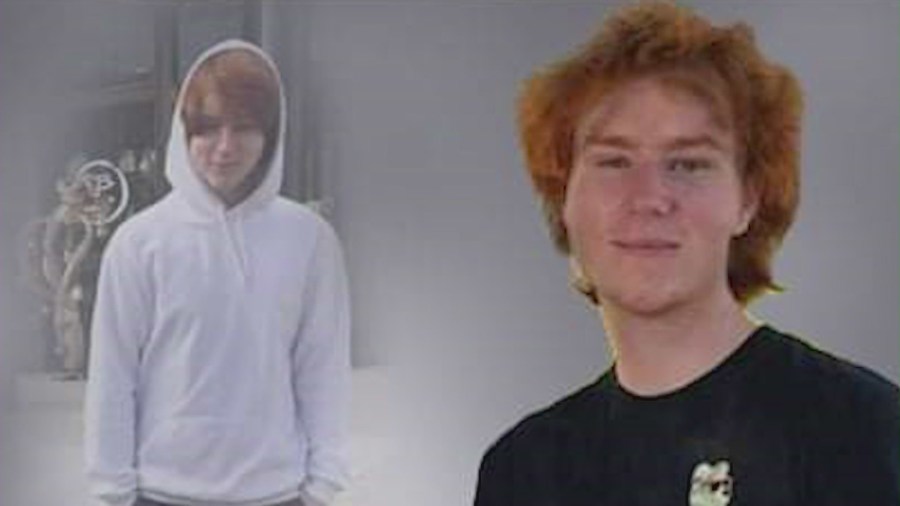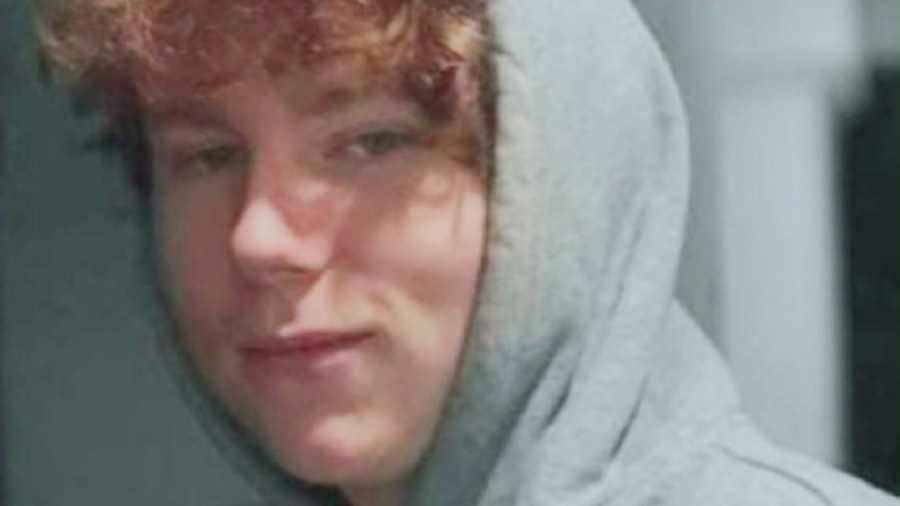The FBI is investigating the popular social media app Snapchat and its potential role in fentanyl overdose deaths.
Investigators say teenagers use the app to purchase what they believe are prescription drugs, without knowing the actual drugs they’re receiving.
Authorities are working to prevent the troubling rise in deaths as teens continue connecting with drug dealers on the app.
“I can’t explain how devastating life is every day for me,” said Christal Anzalone, whose son died from a fentanyl overdose.
Christal thinks about her son, Nicholas, every day.
“He was happy,” said Christal. “He was always on the video games. He was my baby.”
Nicholas injured his hand back in August 2020 and his doctors prescribed him an opioid pain medication. Before long though, Christal said Nicholas was hooked.
“They gave him Norco,” said Christal. “And that’s a pretty strong medication already to give to a child.”
When his prescription ran out, Nicholas turned to Snapchat to continue feeding his addiction.
“It affected his brain so quickly,” said Christal. “I mean, in a matter of a week I’m like, ‘Where is my son?’ I know that he got it off of Snapchat. I know that he had used it multiple times to get the drugs.”
On Aug. 15, 2020, Nicholas took his last breath after overdosing on a counterfeit pain pill made with fentanyl.
“I was trying everything and anything I could to help him,” said Christal.
The Federal Bureau of Investigation is now looking into Snapchat’s potential role in the continued sales of fentanyl and other illicit drugs.
On Wednesday, an Orange County mother, Amy Neville, spoke to a congressional committee about how her son, Alexander, used Snapchat to obtain an illicit pill that eventually killed him.
Attorneys representing Neville in a lawsuit against Snapchat spoke about their belief that the app’s design makes drug dealing too easy.
“Number one, Snap’s foundational product feature is disappearing messages which draw in both minors interested in evading parental oversight, as well as drug dealers interested in dealing to vulnerable minors without detection,” said Carrie Goldberg, Neville’s attorney. “Snap is the only social media product that markets to children while also encouraging anonymity.”
Critics say a federal law that shields social media companies from liability by third parties needs to be modified so that those companies can be held liable.
“Snapchat needs to go,” said Christal. “That one right there. That is the biggest. It’s all private and there’s too much privacy and secrecy.”
Christal offers this advice to parents of teenagers using Snapchat or any other social media platforms.
“You know, your kids are your kids,” she said. “Get their passwords for their phones. You need to know that. I mean, that’s the biggest secret in your family.”
Snapchat has released a statement on the matter, saying in part:
“We are committed to doing our part to fight the national fentanyl poisoning crisis, which includes using cutting-edge technology to help us proactively find and shut down drug dealers’ accounts. We will continue to do everything we can to tackle this epidemic.”























